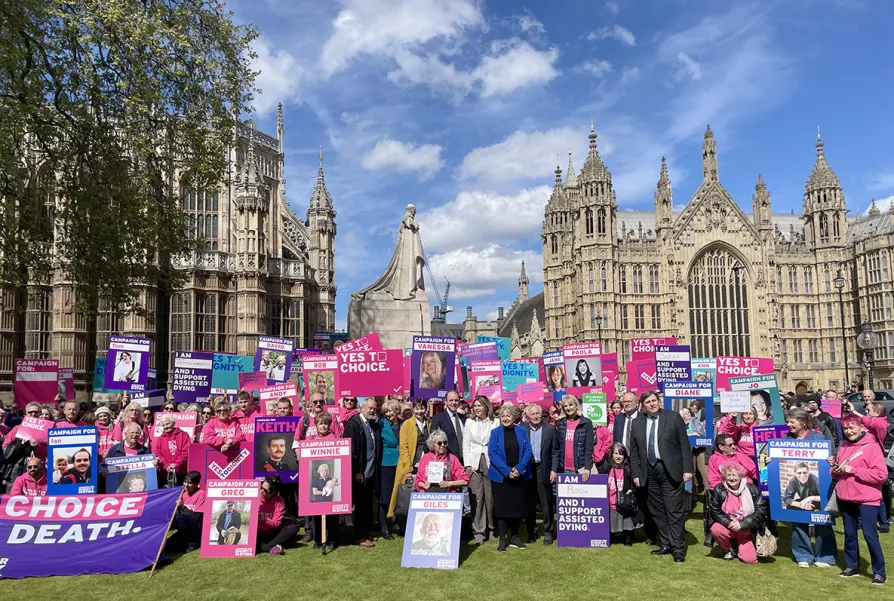The proxy war in Ukraine is heading to a denouement with the US and Russia dividing the spoils while the European powers stand bewildered by events they have been wilfully blind to, says KEVIN OVENDEN
Assisted suicide poses particular risks to neurodivergent people
Former chair of the all-party parliamentary group for special educational needs TOM HUNT examines some tragic cases from countries which have legalised assisted death

AT 12 years old, I had the reading and writing age of an eight-year-old. Yet as a young adult, I graduated from Oxford, and had the honour of serving as a member of Parliament for Ipswich 2019-2024. So what happened?
The plight of neurodivergent people is sorely overlooked in the UK. So many are written off because of their differences or weaknesses. With the right support and a lot of hard work, weaknesses can be turned into strengths.
Dyspraxia, for example, can result in improved long-term memory. A difficulty in following instructions can develop innovative, out-of-the-box thinking. Whether it’s autism, ADHD, dyslexia or dyspraxia, having your brain wired a different way isn’t necessarily a bad thing.
Similar stories

ANSELM ELDERGILL details the problems associated with the Assisted Dying Bill which has its second reading on Friday

The dangerous rhetoric around neurodiversity from the Conservative leadership candidate threatens hard-won protections and social progress, writes CAILEAN McBRIDE

Emotional appeals for assisted suicide overlook crucial policy implications and safeguarding issues, writes KEVIN YUILL, looking at the worrying data from the countries where it is already legal










